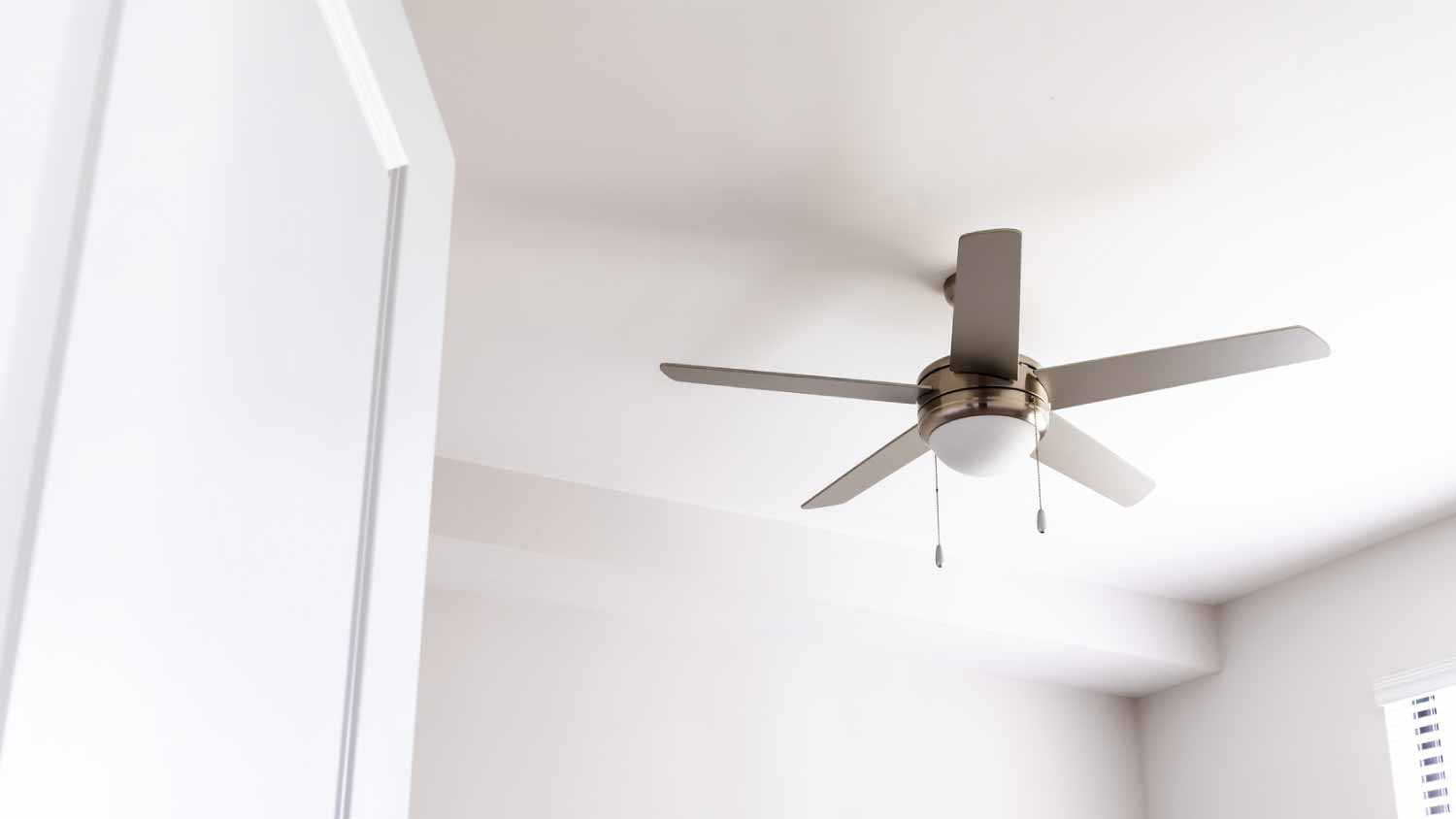Everything You Need to Know About Casement Window Air Conditioners
When it comes to casement windows, it takes a certain type of air conditioner to fit the bill


It’s easy to “ooh” and “aah” over casement windows when they’re located above a kitchen sink or in a spacious bathroom. But while they are easy to open and close, casement windows present a unique challenge when it comes to window air conditioning units. We’ve broken down everything you need to know about choosing the best AC option for your casement window.
What are Casement Windows?
Casement windows are windows that are attached to the frame with hinges on the side that open outwards using a crank handle. This type of window opens fully, making it a popular choice for rooms that need extra ventilation, such as the kitchen or bathroom.
Compared to other types of windows, casement windows have several benefits.
They’re energy-efficient. Unlike traditional sash windows, casement window seals are not flexible. They also lock at several points, creating a very strong seal that minimizes the amount of airflow that gets in or out once the window is closed.
They’re perfect for hard-to-reach spots. Because of their crank handle, casement windows are great for difficult-to-reach areas, such as above a kitchen sink.
They’re great for airflow. Since casement windows open vertically outwards, they create a flap that catches and directs air into your home. They can be opened partially or all the way, allowing you to control the amount of breeze coming inside.
They let in lots of light. Casement windows don’t have a frame that cuts through the middle of the glass, allowing for an unobstructed view. They’re a great alternative to a picture window, especially if you’re looking for something that opens easily but still lets in a lot of natural light.
Why Traditional AC Units Don’t Fit Casement Windows
One of the major downsides to casement windows is that most in-window air conditioners don’t fit. Most window air conditioner units are larger in width than height and have an accordion seal that can expand to fit bigger sash windows.
While you may be able to find a traditional AC unit that fits the width of your casement window, you’ll be left with a lot of open space above the unit, allowing heat to enter and cold air to escape easily.
Casement Window Air Conditioner Solutions
There are a couple of options to choose from when it comes to picking an air conditioning unit for a casement window.
Casement Window AC Units
Casement window air conditioners are designed to fit into windows that swing open vertically and offer a taller shape of at least 20 inches. These window AC units usually come with precut inserts and fasteners specifically designed to hold them in place, eliminating the need to DIY barriers of plywood, styrofoam, plexiglass, or other materials.
The average cost of a casement window air conditioner is between $400 and $600. To install, follow the directions provided by the manufacturer of your casement window AC unit. While it’s possible to DIY your installation, hire a professional air conditioning installer to ensure the unit is placed in the window correctly.
Portable Air Conditioners
Portable air conditioners are another option for rooms with casement windows. The average cost of these units range in price from $250 to $500, with lots of options on the market.
Portable air conditioners are floor models that can sit anywhere in the room and come in two styles: vented or ventless.
Vented: This type of portable AC system requires an exhaust duct that pumps cold air into the room. Since the duct doesn’t take up the entire window, using a vented portable air conditioner will likely require some rigging with a DIY barrier. You’ll also need some tape or adhesive to keep the duct in place. Vented AC units need to be placed near the window, or you’ll have a long exhaust hose snaking through your living space. Vented air conditioner units generally use less energy and can cool more efficiently than a ventless model.
Ventless: Ventless portable AC systems don’t require an exhaust hose, so you can put them anywhere in the room. Because they vent the air back into the room, they are less efficient than their vented counterparts, but they don’t require a window.
What Type of Casement Window Air Conditioner Do I Need?
Choosing the best casement window air conditioner for your home depends on a few things. For setup convenience, a ventless portable air conditioner is the best solution. However, portable air conditioning units do take up some floor space, so if you’re looking for something that’s not going to take up square footage, a casement window AC unit is probably your best bet.





- Furnace Repair
- Air Conditioning Repair
- HVAC Repairs
- Furnace Installation
- Wood & Pellet Stove Repair
- Dehumidifier & Humidifier Repair
- Heat Pump Companies
- Swamp Cooler Repair
- Wood Stove Services
- HVAC Companies
- Commercial A/C Repair
- Geothermal Installation
- Air Conditioning Installation
- Boiler Repair
- 24 Hour Furnace Repair
- Geothermal Repair
- Heat Pump Repair
- Humidifier Installation
- Thermostat Repair
- Thermostat Installation
- Nest Installation
- Heating & Cooling
- Heating Repair
- Furnace Cleaning
- Furnace Tune-Up
- HVAC Technicians
- Subcontractors
- Furnace Maintenance
- Plumbing & Heating Companies
- Wood Stove Inspection
- Mini Split Installation
- Wall Heater Repair
- Duct Installers















